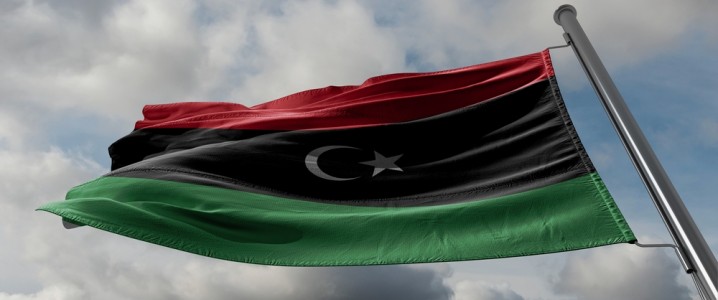Libya Unifies Central Bank After Nearly A Decade Of Division

Amid ongoing political instability caused by rival governments, the Libyan Central Bank has announced that its two rival branches have unified after nearly a decade of separation over oil revenue distribution disagreements.
On Sunday, the bank announced that the Tripoli-based branch backed by interim Libyan President Abdelhamid Dbeibah’s Government of National Accord (GNA) and the Benghazi-based branch backed by General Khalifa Haftar had “again become a unified sovereign institution” raising hopes for some sign of political stability.
"This is a crucial milestone in enhancing the performance of this vital sovereign institution, as we remain committed to integration and bolstering transparency and disclosure measures adopted by our government," Prime Minister Abdulhamid AlDabaiba said on X (formerly known as Twitter).
In January 2020, Deloitte was engaged to aid the Central Bank in its move to unification.
General Haftar, who commands the Libyan National Army (LNA), had given Tripoli an August deadline to ensure the “fair distribution” of Libya’s oil wealth as a prerequisite for holding presidential and parliamentary elections. The General accused Dbeibah of misusing funds, including for buying support for his continued leadership ambitions and the militias that form his defense force instead of benefiting the people of Libya.
Split into rival branches in 2014, the Libyan Central Bank in Tripoli handles the oil revenues, with forces in the east, where the oil fields and export terminals are, claiming they have been deprived of their fair share of these funds.
This situation led to a blockade of Libya’s oil exports by Haftar’s eastern forces most recently in January 2020. The blockade lasted until it was conditionally lifted in September of the same year. Elections, hoped for this year, but extremely tentative, will only succeed if rival forces can agree on control of the country’s oil facilities and revenues.

